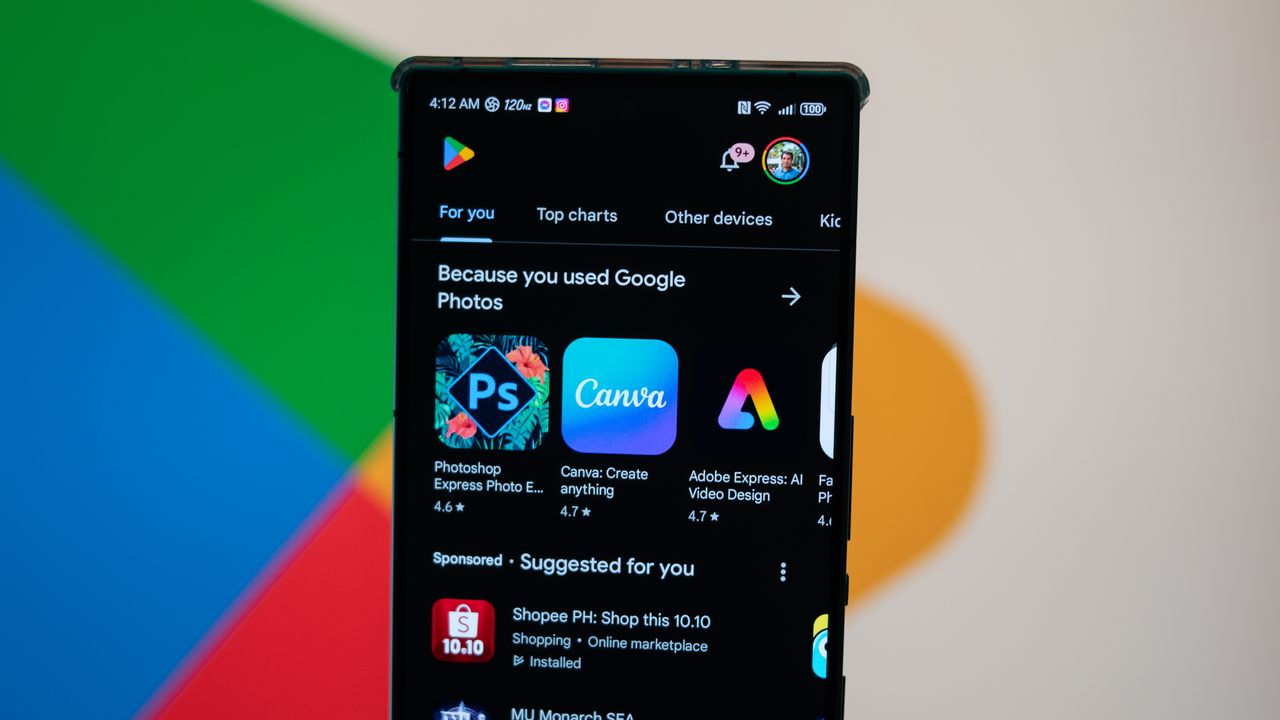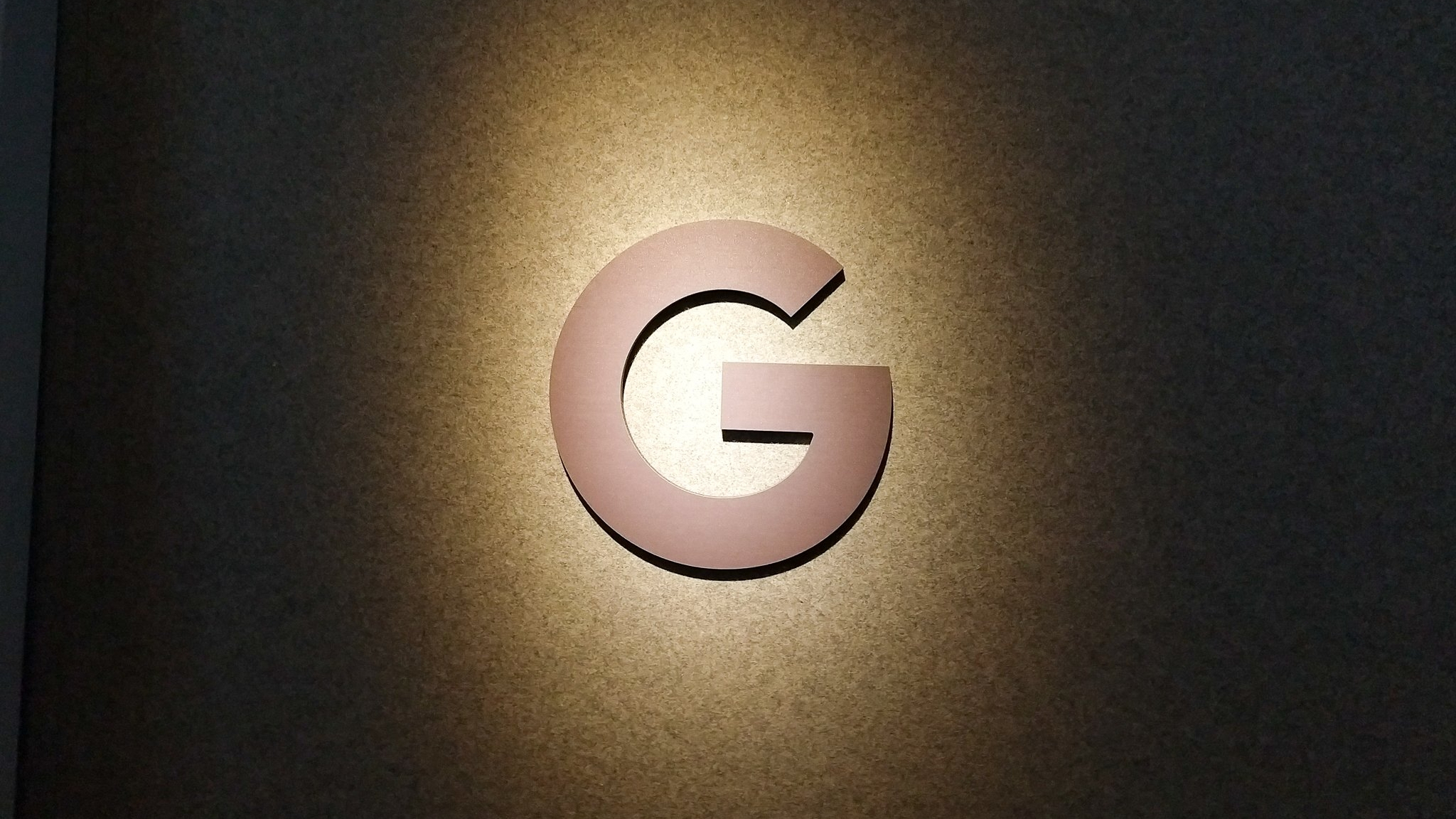
What you need to know
- Google was ordered to make big Play Store and Android changes within 14 days following its loss to Epic in court.
- A court-approved emergency stay gives Google one extra week to implement the required changes.
- Google is now seeking an emergency stay and argues that fast changes could destabilize the Android ecosystem.
After losing to Epic Games in court, Google is now pushing for an emergency stay. The court ruling lets Epic bring its app store into Google Play and gives Google just two weeks to sort out a list of antitrust remedies.
The Ninth Circuit Court of Appeals this week backed the 2024 verdict in Epic’s case against Google, meaning Google now has to follow through with the required changes from the original ruling.
The Verge first reported Google had just 14 days to make the changes, but a new update from the same outlet reports that an emergency stay has pushed the deadline back by a week.
Google fights the clock after Epic court loss

However, the tight deadline pushed Google to request an emergency stay from the Ninth Circuit to hit pause on the ruling.
Under the court’s order, Google must allow developers to use their own payment systems and let them inform users about alternative ways to pay, even from within the Play Store. Developers must also be allowed to share links that let users download apps outside of the Play Store and have full control over how they price their apps.
On top of that, Google can no longer pay phone makers, carriers, or developers for exclusivity or preinstallation deals. Lastly, the company must work with Epic to build a system that supports third-party app stores.
Epic Games Store could arrive, but not until 2026
The court’s decision forces Google to overhaul key parts of the Play Store and Android, but it won’t all kick in at once. Even though Epic CEO Tim Sweeney says the Epic Games Store is on its way to the Play Store, Google isn’t obligated to allow that for another eight months. So, third-party app stores likely won’t show up on Google Play until 2026 at the earliest.
Google’s stay request frames the situation as urgent, warning that the mandated changes could ripple across millions of users and hundreds of thousands of developers, not to mention Google’s own operations. The company argues that rushing these shifts could introduce serious risks and throw the stability of the entire Android ecosystem into question.
It’s still unclear if the Ninth Circuit will approve Google’s request for a stay, but one way or another, the company will have to open the door, either by hosting competing app stores on Google Play or giving them full access to its app lineup.







